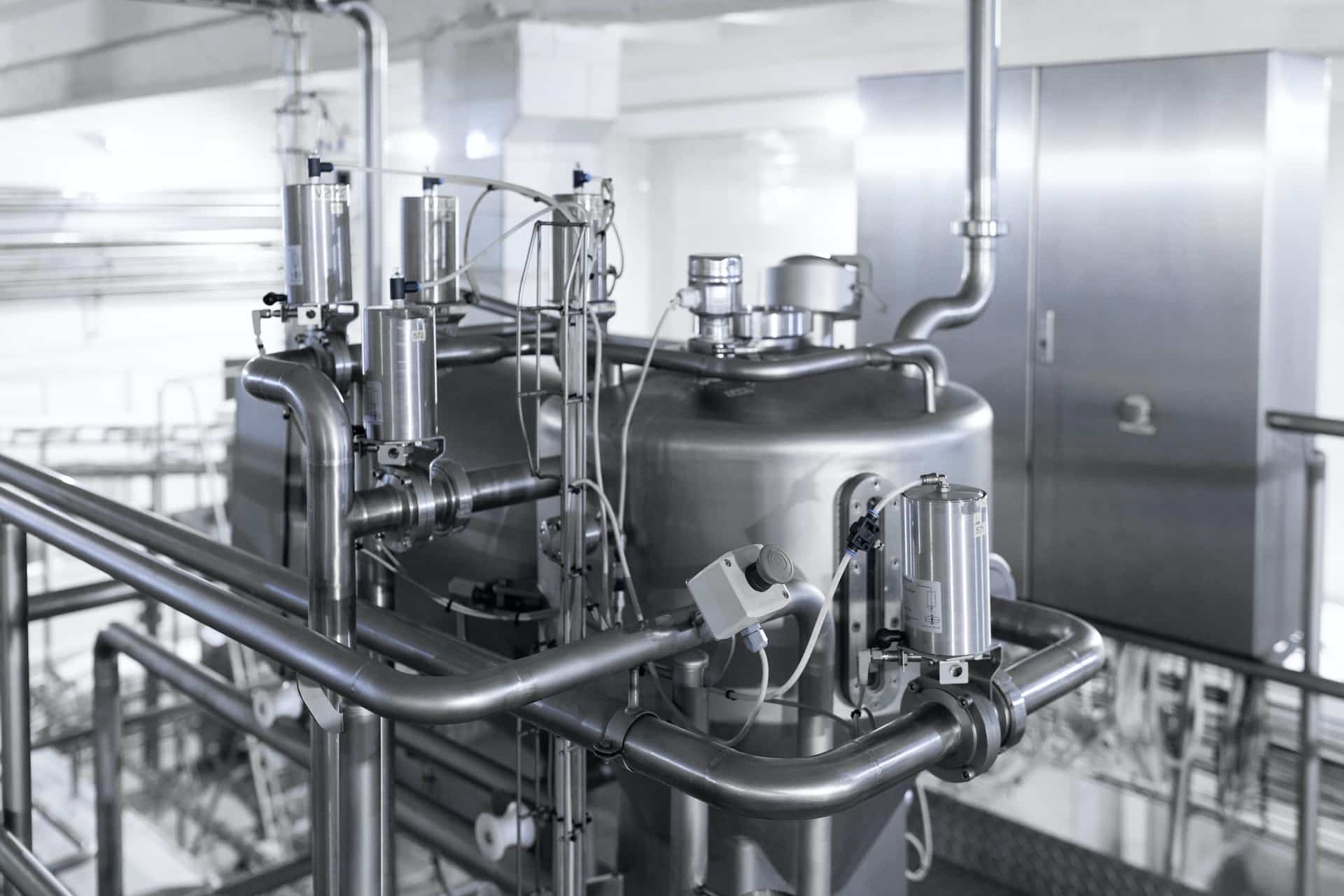The quest for an energy-efficient and versatile HVAC system that can provide year-round comfort in your home often leads homeowners to consider heat pumps as a viable solution. Unlike traditional furnaces and air conditioners that generate heat or cold air, heat pumps work by transferring heat from one location to another, making them highly efficient and environmentally friendly.
Heat pumps are unique HVAC systems that can provide both heating and cooling functions by reversing their operation depending on the season. In the winter, a heat pump extracts heat from the outdoors—even from the cold air—and transfers it inside your home to keep you warm. During the summer months, the process reverses, and the heat pump extracts heat from the indoor air and transfers it outside, cooling your home in the process. In this article, we will explore how heat pumps operate, the benefits of installing a heat pump in your home, and the factors to consider when choosing a heat pump system.
How Heat Pumps Work: Heating and Cooling in One System
1. Heating Mode
During the colder months, a heat pump operates in heating mode by extracting heat from the outside air or ground and transferring it to your home. The refrigerant in the system absorbs the heat, and then the indoor unit – typically an air handler – circulates the warm air through your home via ductwork or wall-mounted units.
2. Cooling Mode
When the temperatures rise, the heat pump reverses its operation, acting much like a traditional air conditioner. It extracts heat from the indoor air, and the refrigerant in the system absorbs and transfers the heat to the outdoors. The result is cooled air that is distributed throughout your home.
Types of Heat Pumps and Their Advantages
1. Air-Source Heat Pumps
Air-source heat pumps use the outdoor air as their source of heat during the heating mode and as a heat sink during the cooling mode. These systems are the most common type of heat pump and are generally more affordable than other models. Air-source heat pumps typically offer lower installation costs and higher efficiency ratings than traditional HVAC systems, contributing to energy savings and reduced environmental impact.
2. Ground-Source (Geothermal) Heat Pumps
Ground-source (also known as geothermal) heat pumps rely on the stable underground temperature for their heating and cooling operation. They use a series of pipes buried in the ground to extract or release heat. While ground-source heat pumps often have higher upfront and installation costs, their increased efficiency, and longer lifespan can offset the expense over time.
3. Mini-Split (Ductless) Heat Pumps
Mini-split (also known as ductless) heat pumps are an excellent choice for homes without existing ductwork or for applications where a targeted heating/cooling solution is desired. These systems consist of an outdoor unit connected to one or more indoor wall-mounted units, allowing for individualized temperature control in specific rooms. Ductless heat pumps can be more energy-efficient due to the absence of duct-related heat loss while also offering flexible installation options.
Benefits of Installing a Heat Pump System
1. Energy Efficiency
Heat pump systems are highly energy-efficient compared to traditional HVAC systems, as they transfer heat rather than produce it. This reduced energy consumption can lead to cost savings on your utility bills and a reduced carbon footprint.
2. Year-Round Comfort
Heat pumps provide both heating and cooling functions, ensuring year-round comfort in your home without the need for multiple systems. This versatility makes heat pumps an appealing HVAC solution for many homeowners.
3. Environmentally Friendly
Heat pumps rely on electricity, which can be derived from renewable resources, rather than fossil fuels for their operation. This aspect, coupled with their high energy efficiency, makes heat pumps an environmentally friendly HVAC option.
4. Enhanced Indoor Air Quality
Some heat pump systems also include air purification features, working to filter and circulate indoor air while providing heating or cooling. This added benefit can lead to improved indoor air quality and a healthier living environment.
Factors to Consider When Choosing a Heat Pump
1. System Sizing
Proper sizing is essential for optimal heat pump performance. A licensed HVAC technician can perform a load calculation, taking into consideration your home’s square footage, insulation levels, and other factors, to determine the most suitable system size.
2. Efficiency Ratings
When selecting a heat pump, pay attention to efficiency ratings such as the Heating Seasonal Performance Factor (HSPF) and the Seasonal Energy Efficiency Ratio (SEER). Higher ratings typically indicate a more efficient system, contributing to potential energy savings.
3. Climate Suitability
Not all heat pumps perform optimally in extreme temperatures. Consult with a licensed HVAC technician to identify models designed to work efficiently in your geographic region and climate.
Conclusion
Heat pumps offer an energy-efficient, environmentally friendly, and versatile HVAC solution for homeowners seeking year-round comfort. By understanding the different types of heat pumps, their benefits, and the factors to consider when choosing a system, you can make an educated decision and invest in the right heating and cooling solution for your home.
Ensure the best possible heat pump installation in Riverside by reaching out to a knowledgeable, licensed HVAC technician from Rightemp Home Services Inc, who can guide you through the selection process and provide a seamless installation experience. Contact us today!





